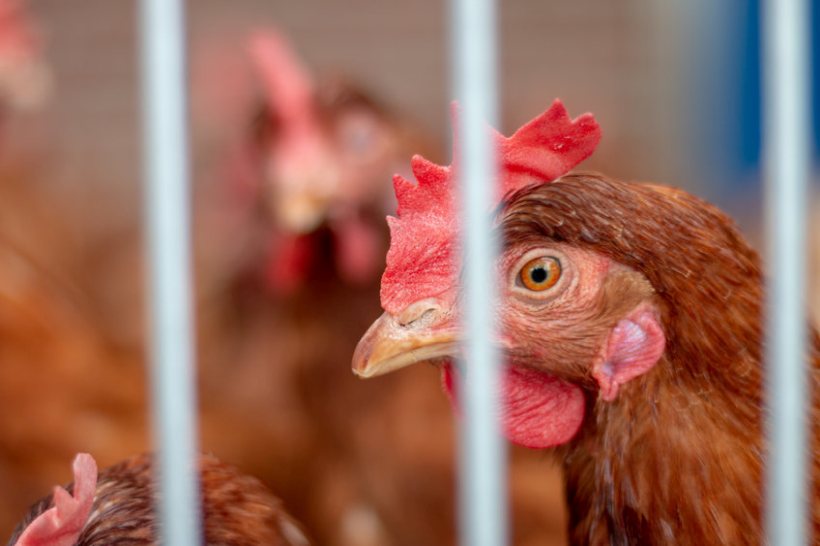
The government has confirmed numerous bird flu cases across England in recent days, including on commercial poultry farms.
Highly pathogenic avian influenza was detected in poultry at a farm near Lazonby, Cumbria on Saturday (29 March).
H5N1 was also detected on the same day in poultry and captive birds at a premises near Romsey, in Hampshire, Defra said.
A 3km protection zone and 10km surveillance zone have been declared surrounding the premises, and a humane cull has been ordered.
Before these cases, avian influenza was confirmed in commercial poultry at a farm near Wymondham, Norfolk, on Friday (28 March).
A day prior, the disease was detected on a poultry farm in Thirsk, North Yorkshire, a county which has seen a large number of cases in recent months.
UK chief veterinary officer said farmers should check which requirements applied to them while continuing to exercise robust biosecurity measures.
"Bird keepers are reminded to continue remaining vigilant to any signs of disease," Dr Christine Middlemiss said.
"Ensure you report suspected disease immediately to the Animal and Plant Health Agency."
In a world first, bird flu was confirmed in a sheep in Yorkshire following routine surveillance of livestock on a farm where avian influenza had previously been confirmed in captive birds.
Defra said on Monday (24 March) that there was no evidence to suggest an increased risk to the UK livestock population.
In January, it became mandatory for all poultry farmers and keepers in Britain to follow strict biosecurity measures to help protect their flocks as part of the Avian Influenza Prevention Zone (AIPZ).
The AIPZ measures apply to all poultry farmers and bird keepers whether they have pet birds, commercial flocks or just a few birds in a backyard flock.
There is also a mandatory poultry housing order in place across large swathes of England and all of Northern Ireland. Scotland and Wales are not included in this.
Avian influenza is notifiable in all poultry and other captive birds and influenza of avian origin is notifiable in both kept and wild mammals.
If the disease is suspected, it must be reported immediately to APHA. Failure to do so is an offence.
• 03000 200 301 in England
• 0300 303 8268 in Wales
• Contacting a local Field Services Office in Scotland
